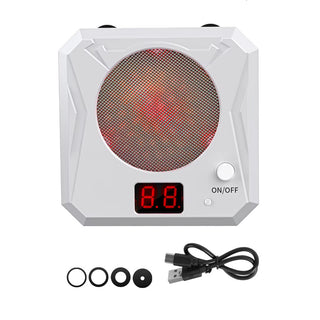I recently decided after obtaining my CCW that I wanted to start training more, and learn all I could about firearms. I want to be the best and most competent shooter I can be. After talking to a few trainers and getting some one on one time at the range, I jokingly mentioned that I'd like to be a competitive shooter. I am competitive by nature, and there is nothing like the feeling of empowerment while shooting some lead down range. So why not?
After some research and some time on the range. I have learned there are definite pros and cons of completive shooter sports as they relate to defensive firearms training.
Knowledge of Your Gun and Gear
Every shooter wants to be knowledgeable and "one with" their gun. If you are not “one with” your gun, holster, and mag pouches, you will be after a few matches! In competition you are constantly focusing on your firearm and the practice of shooting, under great amounts of pressure and stress. You and your firearm become ONE pretty fast!
Safe Gun Handling
Competitive shooting sports promote and enforce safety procedures and respectful range etiquette. Because only one person at a time is allowed to handle a loaded firearm under the direction supervision of a range officer (RO) there is a great deal of control over the situation. If there is any infraction, you can be disqualified! Talk about motivation.
Moving and Cover
Gunfights are not duels. Survival depends on your ability to move efficiently from the threat and take hard cover to protect yourself. IDPA requires you to think about movement and how to use cover while engaging targets, while USPSA is more on the stand and deliver movement and working around sneaky vision barriers at times. It is important to remember that walls, unless heavily reinforced with concrete or steel, are not sufficient cover for a self-defense situation.
Mindset and Decision Making
Mindset for self-defense is very different than for competition. The advantage of competitive shooting sports requires a “winner’s mindset” and ability to make decisions in the moment as an athlete. Formulate a good plan, practice the plan, execute the plan, and then learn from the outcome.
Self dense situations rarely present you with time to make a decision. The proper mindset ahead of time of what you will or will not do morally, legally, or based on your skills will aid in the decision-making process.
Speed and Accuracy
Accuracy matters most. Never compromise your speed for accuracy. If you are not able to hit what you shoot at, you will always lose a gunfight or points down in a match. There are two things that should be done fast in a gunfight/match: drawing and reloading.
Trigger Time
All of these concepts are important for competition and self-defense. There are differences in the execution of shooting skills for defensive vs sport, but with the right understanding of how you apply the concepts, trigger time is trigger time — and time well spent!





